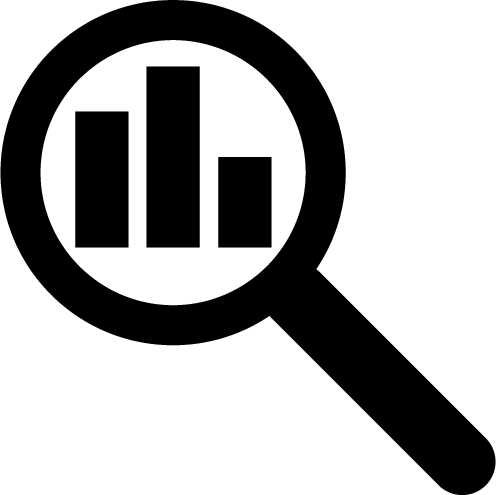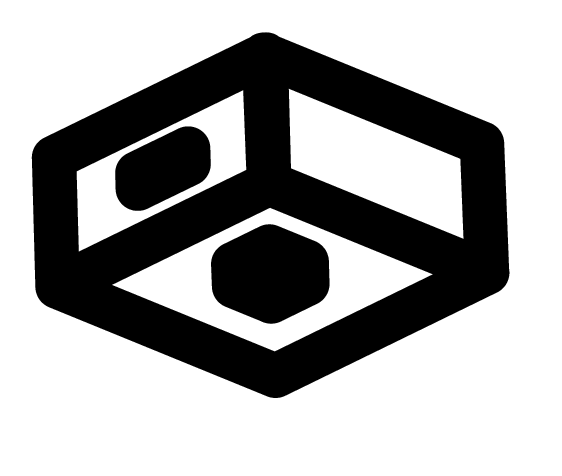AI May Cure The Ills In Healthcare Tech
Ashish Kachru is President and General Manager of the GuidingCare division of HealthEdge Software.
![]()
GETTY
As our healthcare system struggles toward a model in which consumers are at the center of the equation, technology is playing a rapidly increasing role in smoothing their way through the ecosystem. Consumers are demanding a better healthcare experience, but there’s a massive collision coming between the exabytes of global health data and consumer health and insurance illiteracy.
“Interoperability” describes a set of American regulatory initiatives that are in play right now and will drive change in the industry for years to come. As president of a healthcare technology company, I believe them to be as significant as any changes to the system made in this century, including the introduction of HIPAA privacy regulations and the Affordable Care Act.
Among them are requirements that health plans must share information about a member’s past claims experience, such that a member’s history now travels from plan to plan with them. Other information-sharing regulations make enormous amounts of health and insurance data directly available to patients, most likely downloadable to their smartphones. Some health plan portals and apps are already providing volumes more data than they did just a year ago.
Poor Literacy Equals Worse Care
This creates a new set of hazards. Research results show that low health insurance literacy among consumers has negative impacts on health. For example, when consumers don’t understand that certain health screenings are free, they are more likely to skip them. High deductibles can discourage people from seeking care due to uncertainty about potential costs. A limited understanding of health concepts and terminology will hamper receiving appropriate care. The results of research from the Centers for Disease Control indicate that complex health information confuses nine out of 10 Americans. Although no consumer should be expected to have a scientist-level understanding of medical terminology, the level of basic health knowledge is dangerously lacking.
What’s likely to happen when people receive their first smartphone-full of medical terms in Latin abbreviations, industry insurance codes and administrative jargon? I expect that most will turn to their keyboards, as Google already receives more than 1 billion health queries every day. There’s an abundance of symptom-checkers online, many of which are worse than no information at all.
As it is, some providers already find themselves spending an inordinate amount of precious patient encounter time clarifying, explaining and overcoming information consumers have mustered through internet searches. Whether patients have self-diagnosed or are filled with anxiety-driven questions about their genetic profiles, they’re taxing the system in new ways. I’m all for consumers advocating for their health, but unfiltered data in the hands of the anxious or unschooled can burn up resources or lead to poor decisions.
Current Tools Are Still Primitive
In addition to encouraging consumers to become more educated, I believe we should put artificial intelligence (AI) to work in translating insurance and medical jargon into actionable data for patients. Machine-learning (ML) and natural language processing (NLP) models can decipher complex medical terminology into simple, consumer-friendly language. AI and NLP can serve as translators and clarifiers, sifting a vast universe of diagnostic and treatment data, as well as insurance coding and terminology. AI and NLP models can push structured and unstructured data, as well as noisy data, to apps in ways that make the information consumable. This will allow patients to manage their health, their worries and their finances.
Creative minds are already at work on this conundrum for patient portals, but the tools are still primitive. Smartphones are likely to require even more sophistication but hold the promise of greater interactivity and real-time responses.
The freedom of patients to have their own health data has been an objective for many years, but the wheels of legislation and regulatory implementation have turned slowly because the complexity and the stakes are high. Technology will be the essential tool making the “back end” of healthcare more streamlined and intelligent. New treatments, pharmaceuticals and surgical robots capture the headlines, but the work done behind the scenes is just as revolutionary.

 Attendees
Attendees
 Sponsors and Exhibitors
Sponsors and Exhibitors
 AI In Healthcare: A Virtual Course
AI In Healthcare: A Virtual Course
 Contact us
Contact us